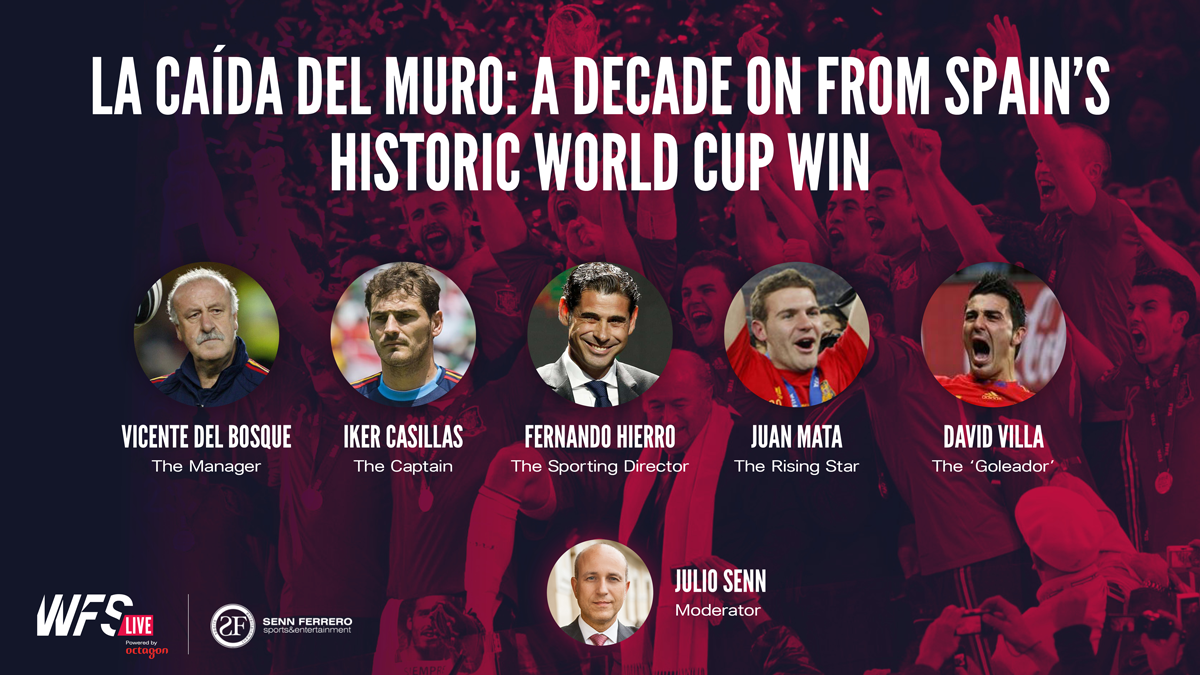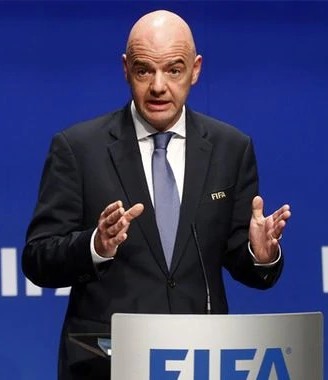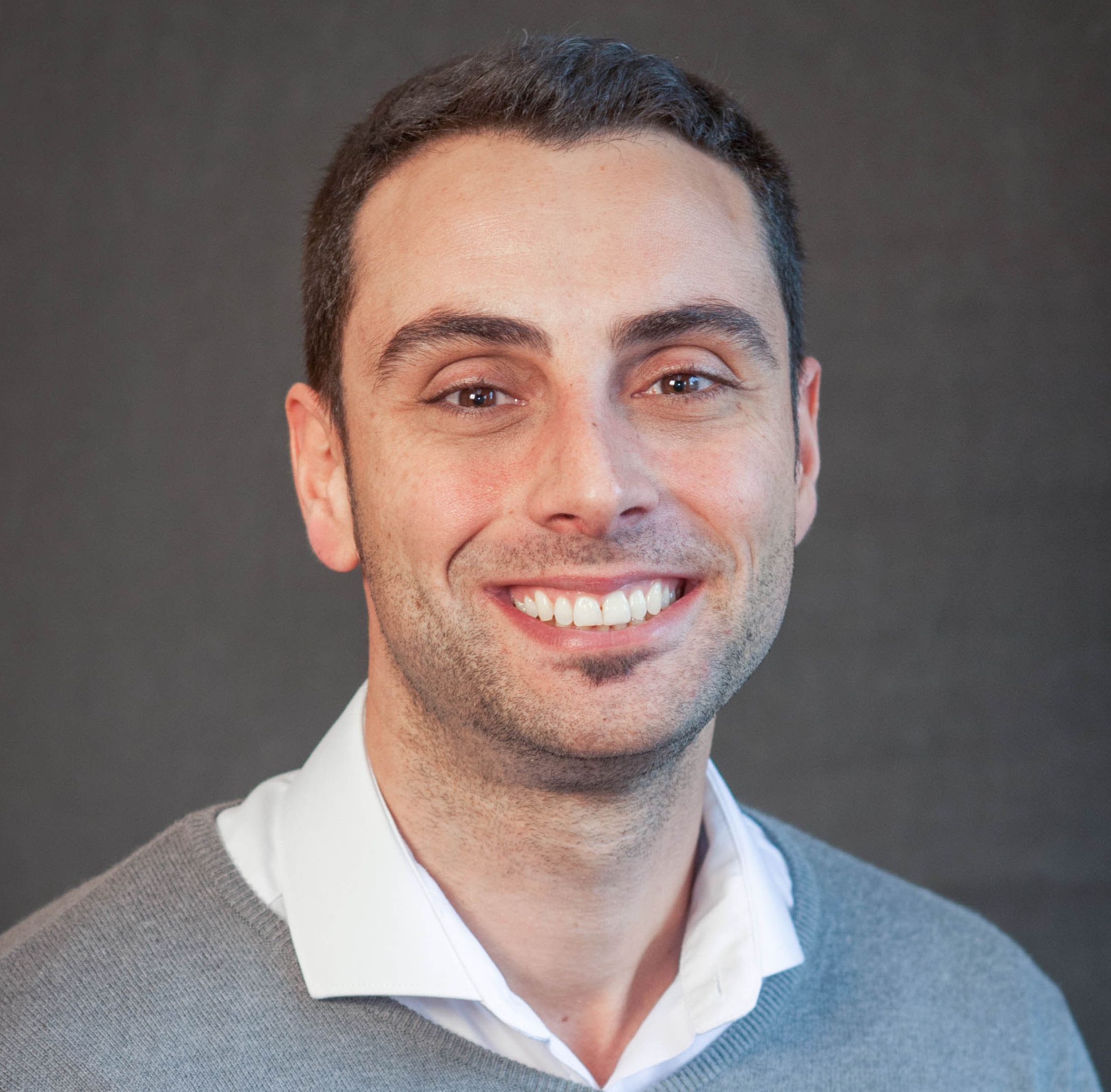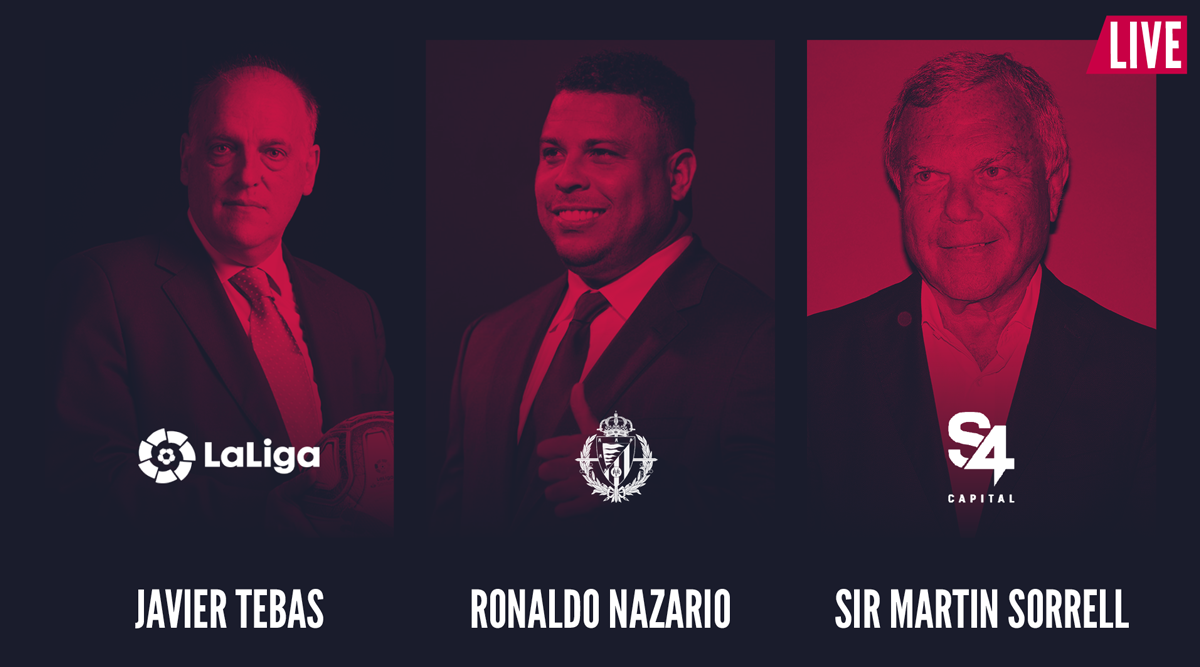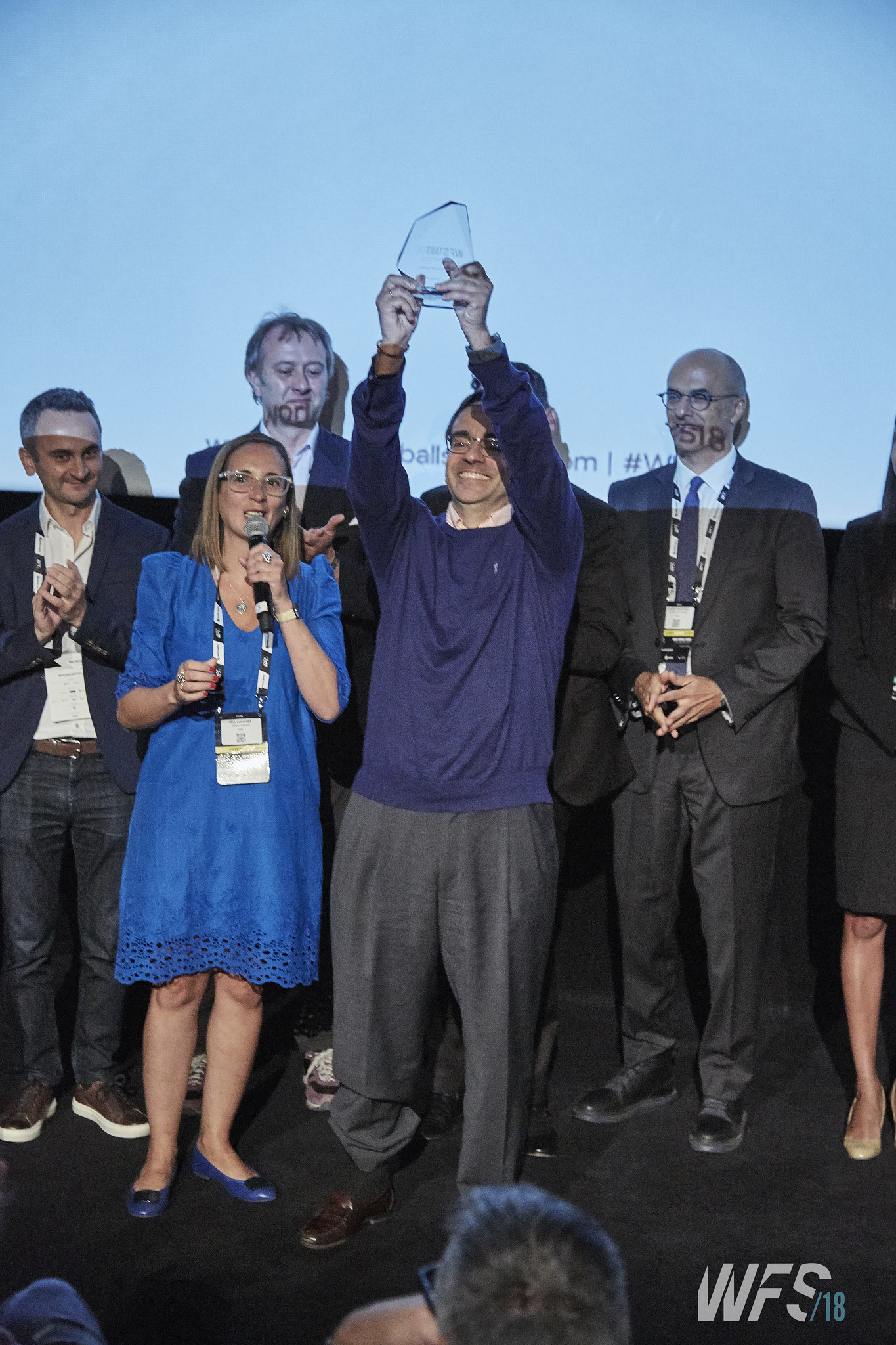Héctor Prieto is the co-founder of YBVR a technology start-up, building the next generation VR video distribution platform. We met Prieto two years ago, when YBVR became the winner of the WFS StartCup by GSIC. We recently caught up with him to talk about the challenges that the sports industry will have to face in the “new normal” as a result of the Covid-19 pandemic and how technology can help overcome these challenges.
Q. First of all, tell us briefly about your company, what solutions does it provide and what partners are you currently working with with in the sports industry?
A. We provide a solution for 360º video streaming platform. We currently can provide from 360 production to the device application and including the streaming platform. We work with any right owner that aims to distribute its content to its customers, for example companies such as (for example) Australian Open, Movistar, Rakuten or whoever owns the sports content.
Q. What impact did winning the WFS StartCup competition have on your project?
A. We had a very good visibility among stakeholders in the industry. YBVR, as a company, does not serve the audience directly; we provide a solution to other companies like (as industry examples) LaLiga, Movistar or Australian Open. That’s why the WFS StartCup worked so well for us, a lot of interesting things came out of it. For example, the jury of the startup competition, which was composed of around 18 people, was formed by around 80% of potential clients to us.
Q. Technology has been playing a crucial role in sports for quite some time now, but its importance will still be increasing in the upcoming years. In which areas would you say we can expect more impact in the coming years?
A. Data & analytics, media distribution (due to Covid-19 limitations) and gaming.
Q. Covid-19 is going to present new and unprecedented challenges for the sports industry once competitions resume. How do you think technology can help overcome these challenges? What new developments do you eye?
A. The limitations in accessing stadiums is increasing the use of Internet for work and leisure. People will thus be more used to technology. For media distribution, technology will need to bring the standards quality to TV concepts much faster. Also this will enhance the interactivity, either with other virtual users and also with the sport being played, which will be a big change in the industry. We are actively working in a Virtual Feedback functionality to be soon included in our product line.



